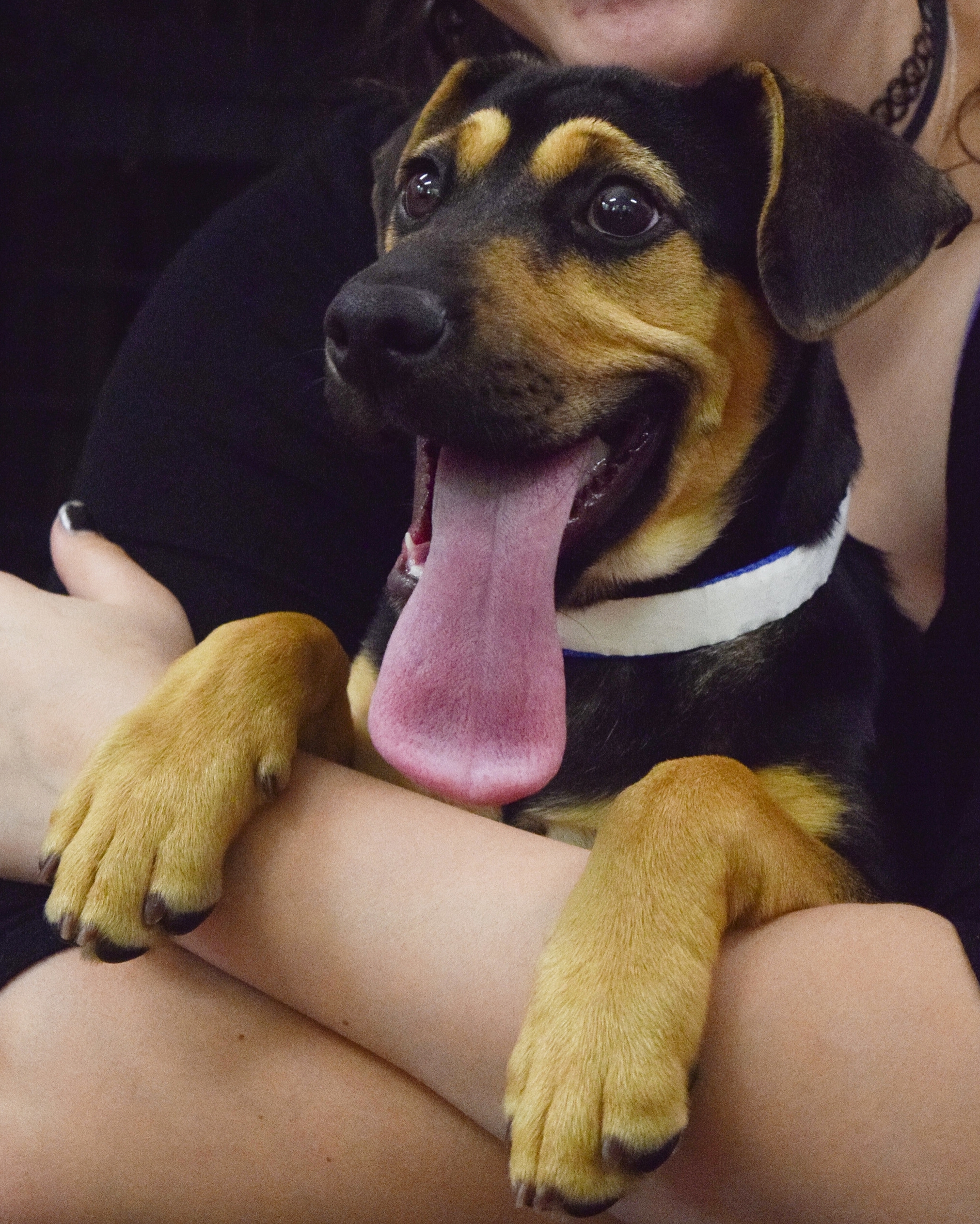Mission and Vision
Mission
Our mission is to ensure the safety and well-being of animals and enhance the relationship between individuals and pets through adoption, education, advocacy, compassion, and promotion of animal welfare.
A Strategic Vision for Today & Tomorrow
Windham County Humane Society is creating a vibrant, community-centric organization that, through various programs and services, engages the community in its work of promoting the welfare of companion animals.
While our immediate service area is Windham County, we recognize the incredible value of partnering with other organizations within and outside our county to form a strong safety net for needy animals. We strive to help pets and pet owners in need whenever we can.
Both inside and outside our shelter walls we are committed to these “Five Freedoms” for animals:
Freedom from hunger and thirst
Freedom from discomfort
Freedom from pain, injury, and disease
Freedom to express normal behavior
Freedom from fear and distress
Through our efforts, we aspire to:
End animal suffering and abandonment
Increase the capacity of residents to care for their animals
Cultivate a sense of community ownership in, awareness of, and advocacy for animal welfare issues
Our History
Jennie Powers’ Legacy
In 1887, a group of animal lovers in Windham County formed The Brattleboro Society for the Prevention of Cruelty to Animals. Mrs. Jennie B. Powers served as humane agent for both Windham County, VT and Cheshire County, NH. Armed with the powers of a deputy sheriff, Jennie worked tirelessly in the defense of animals. She once jumped from a window in her Brattleboro home to stop a man from beating his horses. At the freight yards, she monitored the loading of cattle, inspecting them on the cars. At her own expense, she once fought in a court case against a man charged with starving his horse.
In 1968, the organization gained 501(c)3 status under the new name, Windham County Humane Society (WCHS). In the early 1980’s, WCHS was run out of an office in downtown Brattleboro, with no housing available for animals.
From 1989 to 1991, offices were rented at Linda and Henry Hellus’ farm. In 1992, the Humane Society moved to a group of cottages on Route 30, and the first animals were housed on-site in two small buildings. In the late 1990s, a dedicated group of volunteers raised the money to build a new facility, which opened to the public in April of 2000 – which is where you can visit us today, keeping the legacy of Jennie Powers alive, protecting and caring for the animals who share our lives.
The years 2000 to 2020 saw tremendous change in the animal welfare community that catapulted a new way of thinking about how to save animals’ lives. These years were tumultuous for the Humane Society as it nearly shuttered its doors when a cruelty case resulted in the seizure of several animals and their prolonged care. Fortunately, a dedicated board of directors and staff stayed strong. In the years that followed, the organization became more financially stable and, under the executive directorship of Annie Guion, began to incorporate a newer way of operating into new innovative programs. She, along with Director of Operations, Keri Roberts, championed “open and positive pet adoptions,” expanded the veterinary care provided to the shelter animals, started community (owned animal) Spay/Neuter events, and launched Vermont’s first shelter-run owned pet veterinary program called the Pet Care Assistance Program. The results were impressive – increased adoptions, saving over 90% of the animals, and helping the public care for their pets!
Experiencing a marked growth in programs, the organization was outgrowing its 20-year-old shelter building. Built to improve how animals were sheltered decades ago, it wasn’t able to provide adequate housing for all the animals coming in for adoption. No separate spaces for sick animals to get better. One loud dog kennel filled with overwhelmed dogs and visitors. Saving kittens means having more room to keep newly arriving babies away from the main population. No space to talk with clients resulting in every conversation being out in the open. And the building’s mechanical systems were failing. The board knew it needed more space to help more animals and thereby launched a capital campaign.
With over 50% of the building funds secured by early 2020, the construction crew was about to begin when everything stopped, and people’s plans pivoted due to the Global Pandemic. Windham County Humane Society continued helping pets and launched new programs like the Pet Food Pantry to ensure pets remained safely in their homes.
Post Pandemic Years
The board raised additional funds for the building and, along with a generous bequest, was financially able to begin expanding and renovating the shelter.







